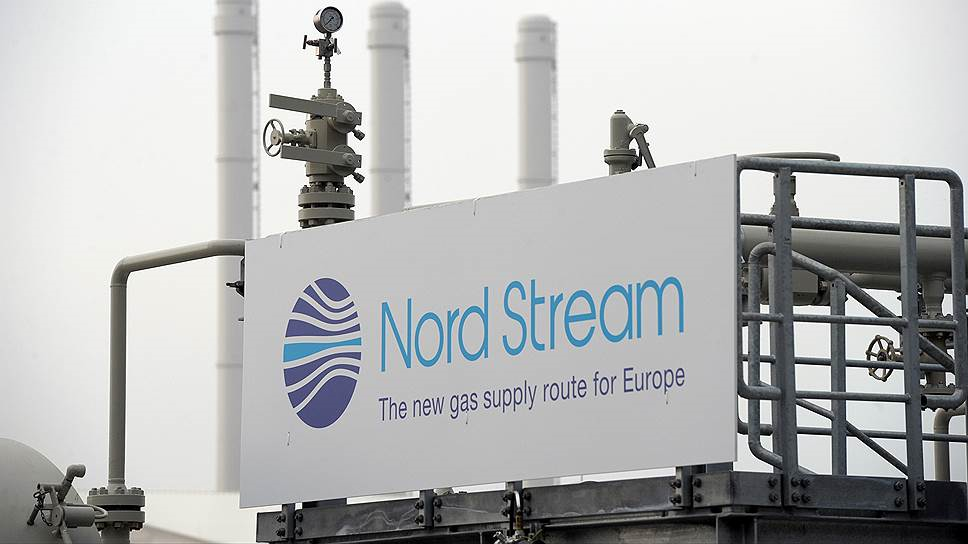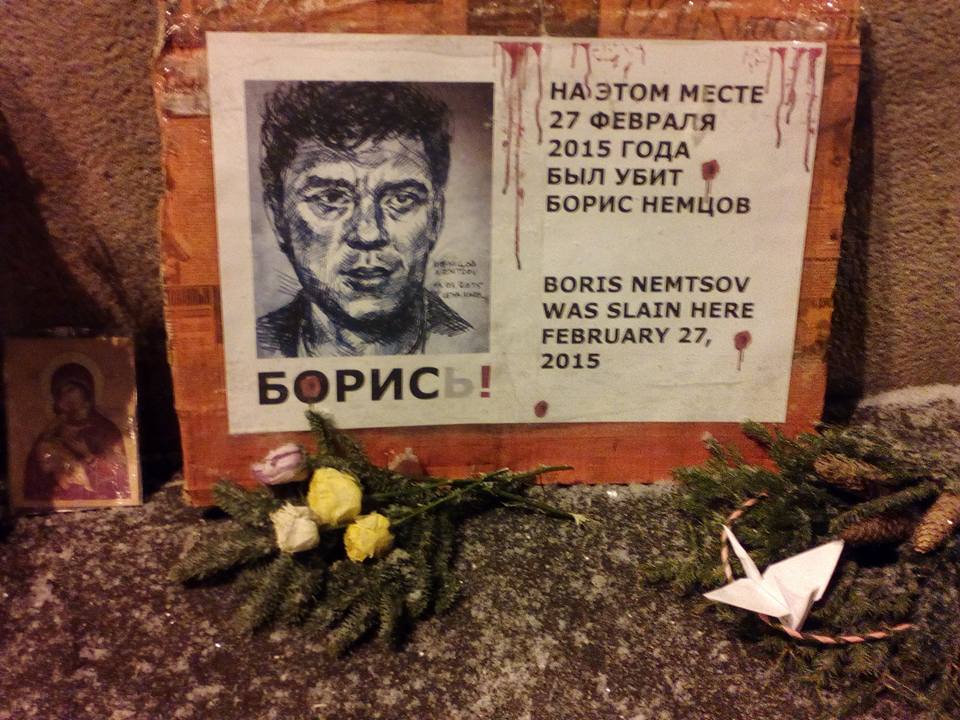The crisis in the European gas market has been maturing for months yet still caught most experts, not to mention customers, by surprise (Kommersant, September 21). The accumulating shortage in supply provides a perfect opportunity for Gazprom to increase deliveries and harvest nice profits; however, the state-owned Russian gas giant has refused to supply extra volumes beyond its minimal contractual obligations, inviting accusations of deliberately trying to aggravate the situation (Novaya Gazeta, September 21). The Kremlin has found it opportune to join the conversation and confirm that Europe, which for years had aimed to replace Russian gas with alternative sources, should not expect any charity (RIA Novosti, September 22). Insightful experts warn that such a mean-spirited attitude may damage Gazprom’s position in the fast-changing market. Nonetheless, current political scores are more important for President Vladimir Putin, who firmly directs the gas business, than mid-term cost-benefit calculations (Ko.ru, September 22).
One key goal of his policy vis-à-vis Germany is the launch of the Nord Stream Two gas pipeline, whose construction is finally complete, but which is yet to be certified for use (see EDM, September 14). The two main political parties in Germany—Social Democrats (SPD) and Christian Democrats (CDU/CSU)—support this project, defying criticism from many European states (particularly Poland) and undercutting restrictions and conditions prescribed by the European Union (Rossiyskaya Gazeta, September 23). Only the Green Party dared to unambiguously rebuke the pipeline. Moscow, in turn, amplified the impact of the surge in gas prices in order to demonstrate the need for opening this new supply route (Nezavisimaya Gazeta, September 15). Though, in reality, the purpose of the highly expensive pipeline is geopolitical: the Kremlin aims to eliminate gas transit through Ukraine, so even in the ongoing crisis of supply, no additional deliveries via the half-empty Ukrainian pipeline system are scheduled that would replenish European storages before the winter season (Rosbalt, September 22).
The German Green Party also assumed an unequivocally critical position on violations of human rights and repressions against Russia’s liberal opposition, and the Kremlin grew worried about the Greens’ climb in the opinion polls this past spring (Russiancouncil.ru, September 21). A direct “hybrid” attack was deemed too risky, even if hackers were allowed to play fast and loose (Kommersant, September 6). So Moscow’s main effort focused on compromising the “green” agenda as such by demonstrating the prohibitively high costs of transitioning from hydrocarbons to alternative energy sources—and the escalating gas crisis delivered the “evidence” (Valdaiclub.com, September 24). Based on the election results, German votes largely shifted their preferences to the two more traditional parties, and Moscow assumes it can do business with any combination of characters in a yet-to-be forged coalition, while lamenting—rather insincerely—that a new chancellor cannot possibly understand Russia as well as the outgoing Angela Merkel (Izvestia, September 25).
Spoiling this satisfaction is new momentum in the United States Congress for tightening sanctions, including measures targeting the Nord Stream Two project (RIA Novosti, September 23). The Kremlin declared that enforcement of the newly legislated restrictions would amount to canceling the “spirit of Geneva,” implying that the June US-Russia summit had supposedly signified the arrival of a new “détente” (RBC, September 24). In fact, while meeting his Russian counterpart in the lakeside Swiss city last summer, President Joseph Biden conveyed his expectation that Russia’s behavior would need to become “stable and predictable.” Since then, Putin has, indeed, proceeded with caution in the international arena; but domestically, he saw no problem with unleashing severe repressions against the liberal opposition during the Russian parliamentary campaign, which concluded on September 19 (Meduza, September 22; see EDM, September 13, 15, 20).
The US Congress has also demanded punishment by sanctions of 35 Russian officials and oligarchs, as suggested by jailed opposition leader Alexei Navalny (Svoboda.org, September 22). This step coincided with the arrest in the US of Mark Gyetvay, the chief financial officer of the energy corporation Novatek, indicted by a federal grand jury on tax fraud charges (The Bell, September 24). Putin granted Gyetvay Russian citizenship in 2019, as a favor to Novatek’s owners, Leonid Mikhelson and Gennady Timchenko—themselves both strong candidates for new sanctions (Moscow Times, September 24). The Kremlin refused to comment on this embarrassment but condemned the decision of the European Court of Human Rights, which found Russia responsible for poisoning Alexander Litvinenko in London in 2006 (TASS, September 21). Simultaneously, Sergei Naryshkin, the director of Russia’s Foreign Intelligence Service (SVR), denounced the latest developments in the United Kingdom’s investigation into the poisoning, in 2018, of Sergei Skripal and his daughter Yulia, in which a third Russian operative was identified and charged (RIA Novosti, September 23).
Read More:
- US House of Representatives may have just killed Nord Stream 2
- Nord Stream 2 сonstruction сompleted, but gas flows unlikely in 2021
- Russian elections in Ukraine’s Donbas: Annexing people before annexing territory
- Russia shuttles residents of occupied Donbas to vote in Duma elections amid accelerated passportization
- Kremlin’s panic over “smart voting” ends any prospect election will be viewed as legitimate, Pastukhov says
- Litvinenko murder was ‘act of nuclear terrorism,’ his widow reminds the world
- Moscow attacked Skripal for betraying Russian oligarchs, highlighting mafia nature of Putin regime, Portnikov says





![Vladimir Putin's wrestling coach, the person who reportedly helped him get admitted to the Leningrad State University using his connections, was one of the city's top criminals, had served 20 years in prison, and died in a gang battle at 57. Putin admiringly wrote about him in his memoirs called "From the First Person" without using the coach's surname or mentioning his criminal links (for obvious reasons). As the engraving on his grave stone states, the coach Leonid Ionovich Usvyatsov composed the epitaphs himself. [Translator: Please note that in the original Russian the epitaphs crudely rhyme, but the translation did not attempt to reproduce rhyming prioritizing accuracy instead.] The epitaph on the front panel says: "A grave and on the grave there is an epitaph: 'I am dead, but mafia is immortal.'" The back panel is engraved with the following epitaphs: "Hooray! I finally died!!! All of my life I worked for broads like a slave. Now I won't spend a kopeck on this liver sausage anymore." "I gave her my two final bangs and then was carried away on a hearse." "Let's drink to us all, because the curtain will soon fall." (Image: openrussia.org)](https://euromaidanpress.com/wp-content/uploads/2015/12/4bbcb9a683811.gif)


